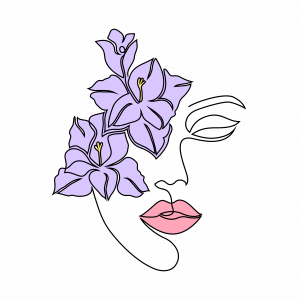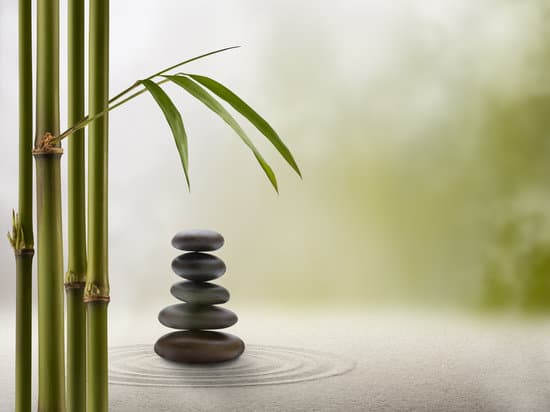
Journal To Help Achieve Your Goals
Dear Daughters , We all know that goals are essential to staying motivated, but sometimes they can be tough to achieve. Whether you’re trying to
Some people believe that Feng Shui gardens were designed this way as a way to attract good luck and prosperity. Others believe that the natural shapes and designs of feng shui gardens represent the flow of energy in the surrounding environment.
The placement of plants and objects in a garden can help to create a balance in one’s environment and improve one’s life.

A well-designed Feng Shui garden can be a source of happiness and peace, attracting positive energy and promoting good health. The placement of plants, rocks, statues, and water features in a Feng Shui garden is based on the principle of feng shui flying stars.
How people treat their living spaces and environment speaks volumes about the attitude and temperament of those who live there. There are two distinct lines of thought that treat the space, or any other aspect of it, the European design and oriental designs. The western approach to landscaping and gardening will tend to be more utilitarian. It is important to make the most of land and to maximize its potential. European designs tend to dominate their environment, conquer it, clean it up, and make improvements that are more natural. The main theme is aesthetics. The main purpose of gardens is to cultivate them and make artificial beauty. The Orientals believe that the opposite is often true.

The oriental seeks a natural environment where intimacy and tranquility are paramount. They also prefer to be able to show restraint and not exuberance. This attitude extends to how the west and east treat each other. The European approach would prefer to give definitive answers, such as a yes or no or black and white. However, the Oriental way will seek compromises. European gardens are a statement of accomplishment in all its manipulated grandeur, while Chinese gardens are more spiritual and in the flow of nature, not trying to improve it but to enjoy the natural experiences it offers. An oriental garden will not have any of these features, but a European garden will. This is why European design trends change from one era to the next. Orientals, on the other side, prefer designs that are timeless and unchanging.
Feng Shui gardens are designed with the principle of balance in mind. The layout of the garden should be symmetrical and orderly to create a sense of well-being and peace. Specific features, like waterfalls, ponds, and trees promote positive energy.
The placement of plants and objects, as well as the layout of the garden, is based on the theory that certain patterns of movement and balance promote good health.
Feng Shui gardens are often very colorful and intricate, and feature different elements to help improve the quality of life for those who visit them.

Dear Daughters , We all know that goals are essential to staying motivated, but sometimes they can be tough to achieve. Whether you’re trying to

Dear Daughters, Retirement planning is an important part of financial management. It can help you save for your own retirement and provide a comfortable retirement
Dear Daughters, Journaling to Help with Stress is a great idea. It can help you process your thoughts and feelings, and it can provide
Subscribe to my weekly newsletter!